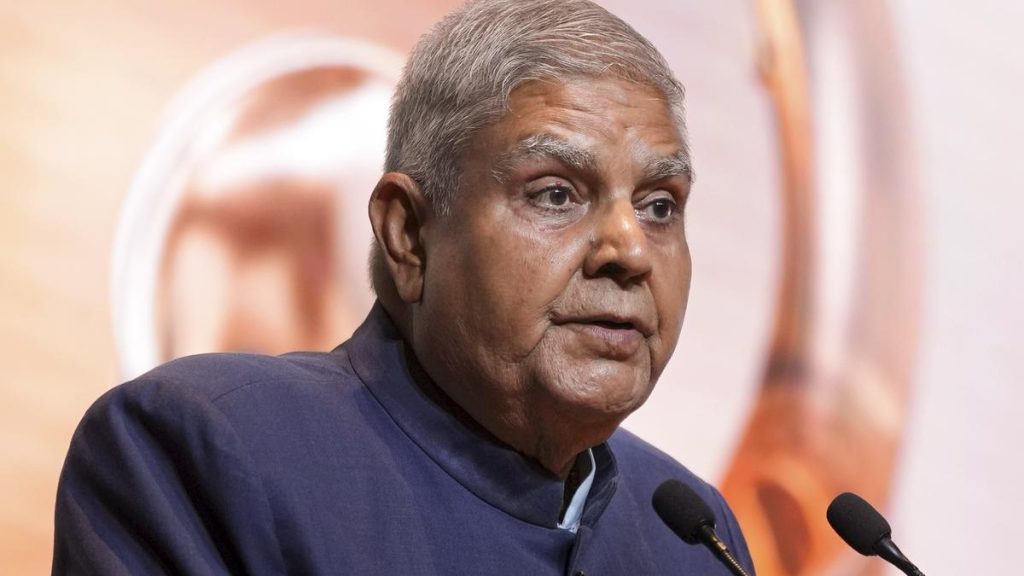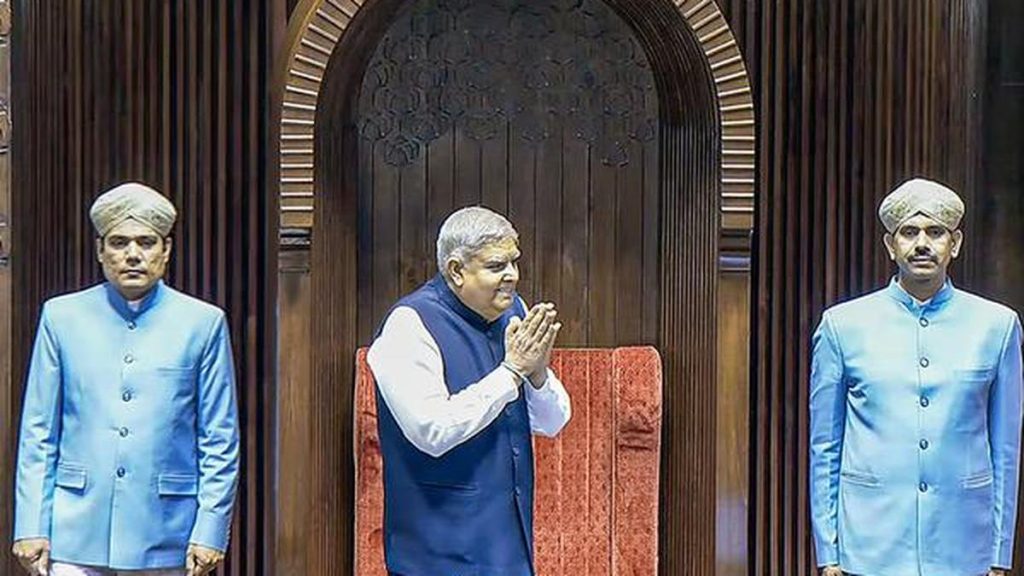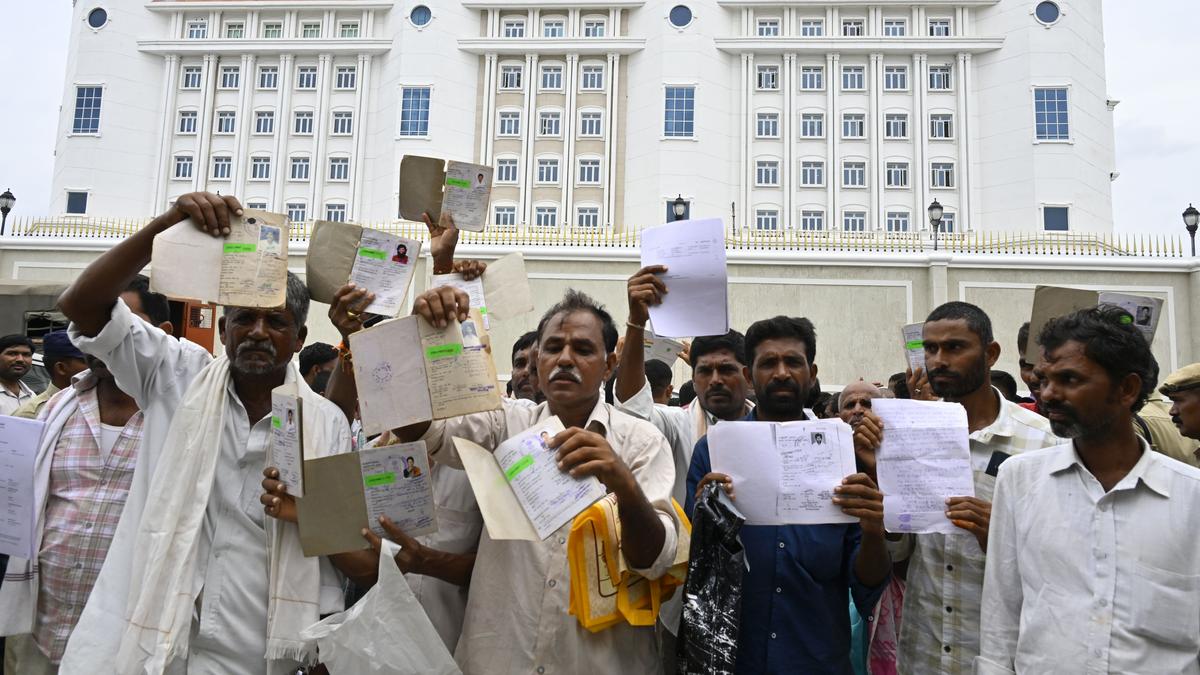Now Reading: Yellow Line Set for Launch; PM Modi’s Participation Under Speculation
-
01
Yellow Line Set for Launch; PM Modi’s Participation Under Speculation
Yellow Line Set for Launch; PM Modi’s Participation Under Speculation

Quick Summary
- Preparations are ongoing for the inauguration of BengaluruS delayed Yellow Line Metro corridor, though no formal confirmation has been received regarding Prime Minister Narendra Modi presiding over the event.
- The Bangalore Metro Rail Corporation Limited (BMRCL) has initiated inauguration protocols but stated that final plans remain undecided.
- A promotional video highlighting the features of the 19-kilometre stretch is being produced by a private firm, showcasing metro stations, aerial drone shots, and key infrastructure along R.V. Road to Bommasandra, covering critical junctions like Silk Board and Electronics City.
- The Yellow Line was initially scheduled to open in 2021 and has faced repeated delays; its latest target of June 2025 was also missed. Current plans aim for partial commercial operations by mid-August 2025.
- Commissioner of Metro Railway Safety (CMRS) will inspect tracks from July 22-25 to assess safety measures and operational readiness for driverless train sets before service begins.
- Delays stem partially from CRRC (Chinese contractor) failing to establish an Indian manufacturing unit as per their ₹1,578-crore contract awarded in 2019. BMRCL issued notices to CRRC and considered invoking a ₹372-crore bank guarantee due to non-compliance issues. Titagarh Rail Systems Limited stepped in as a domestic manufacturing partner to enable coach deliveries.
- Currently, only three train sets are ready; one additional set is completing trials at Titagarh facility with delivery expected by August 12.
Indian Opinion Analysis
The delayed launch of Bengaluru’s Yellow Line Metro underscores systemic challenges impacting major urban infrastructure projects across India-from bureaucratic hurdles in procurement processes to contractors failing compliance mandates like localized production under Make-in-India policies. BMRCL’s partnership pivot from CRRC towards titagarh Rail reinforces India’s increasing emphasis on domestic capacity-building within large projects requiring foreign collaboration.
The CMRS inspection signals progress toward overcoming setbacks caused by logistical inefficiencies; however, continued scrutiny on operational safety remains paramount given advancements such as driverless technology being introduced within India’s transit systems-a move that could enhance efficiency if executed robustly while maintaining passenger trust.
Partial mid-August operations may finally offer relief for commuters navigating South Bengaluru’s congested routes post-multiple deadline extensions as its original timeline-thus furthering public patience during transformative metro developments nationwide.























